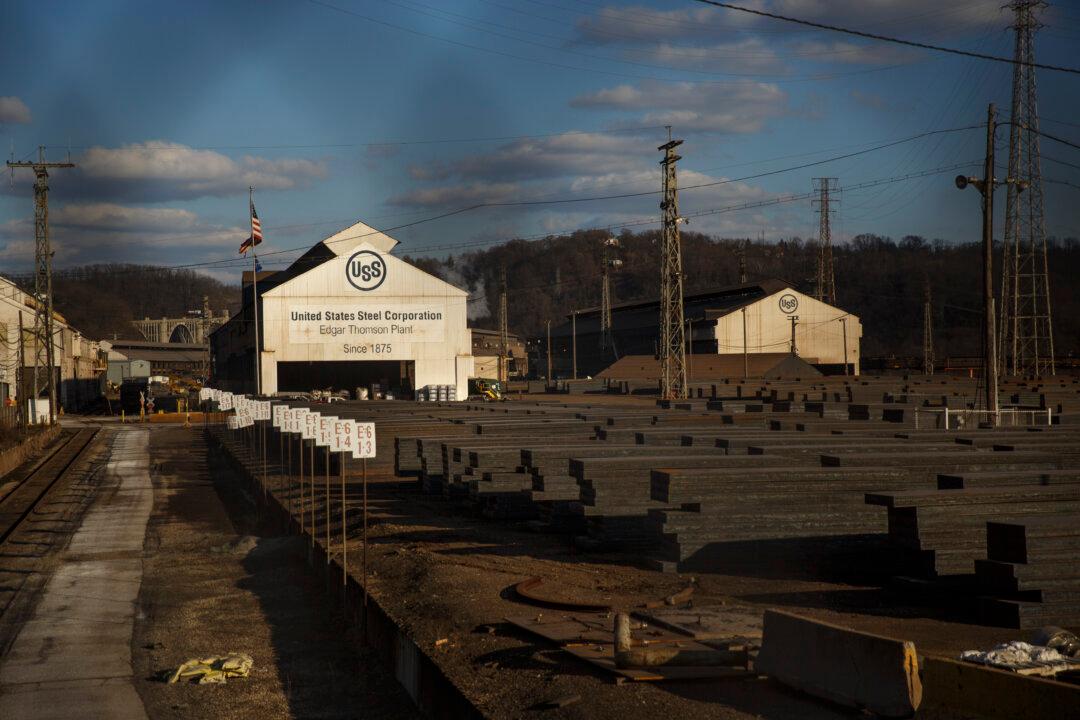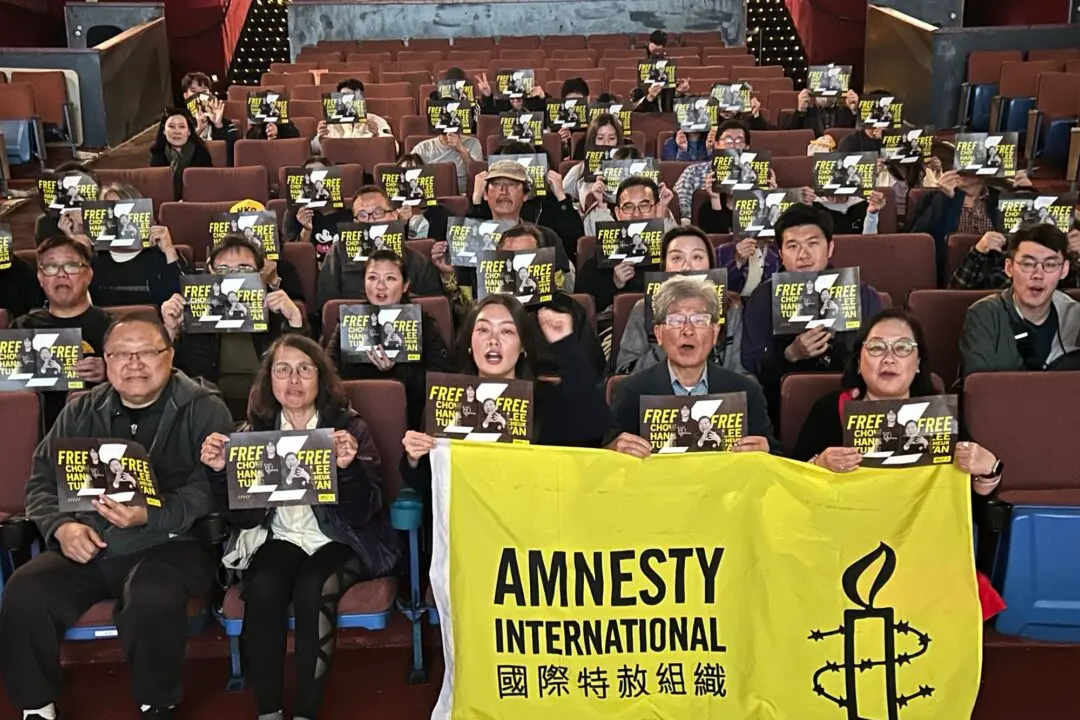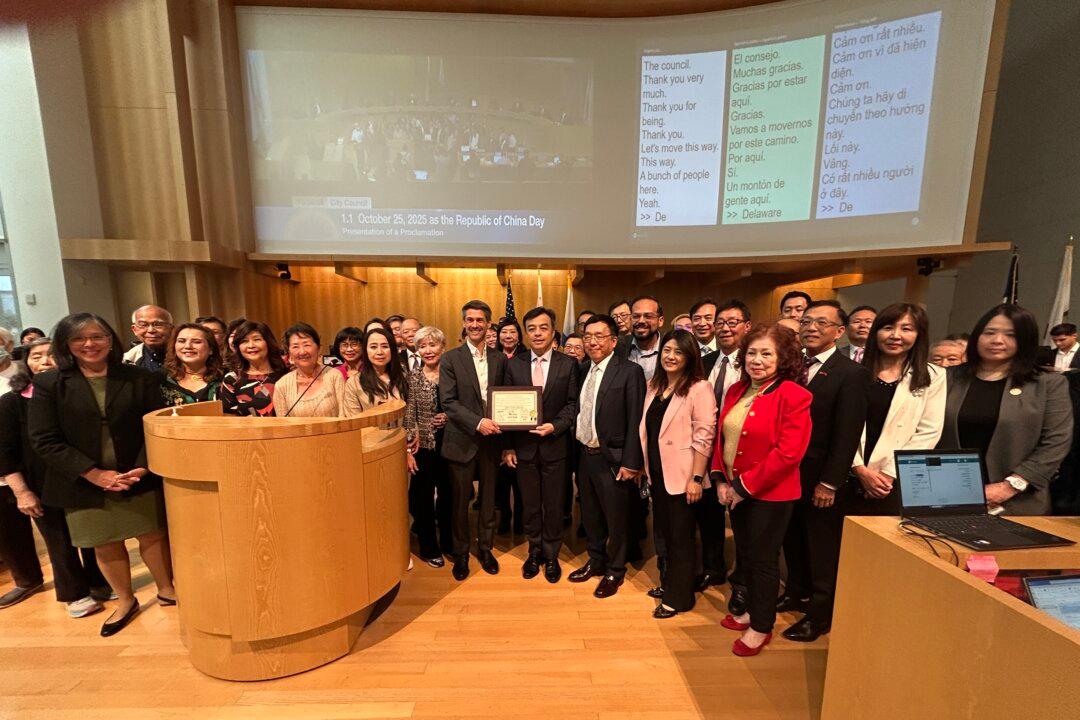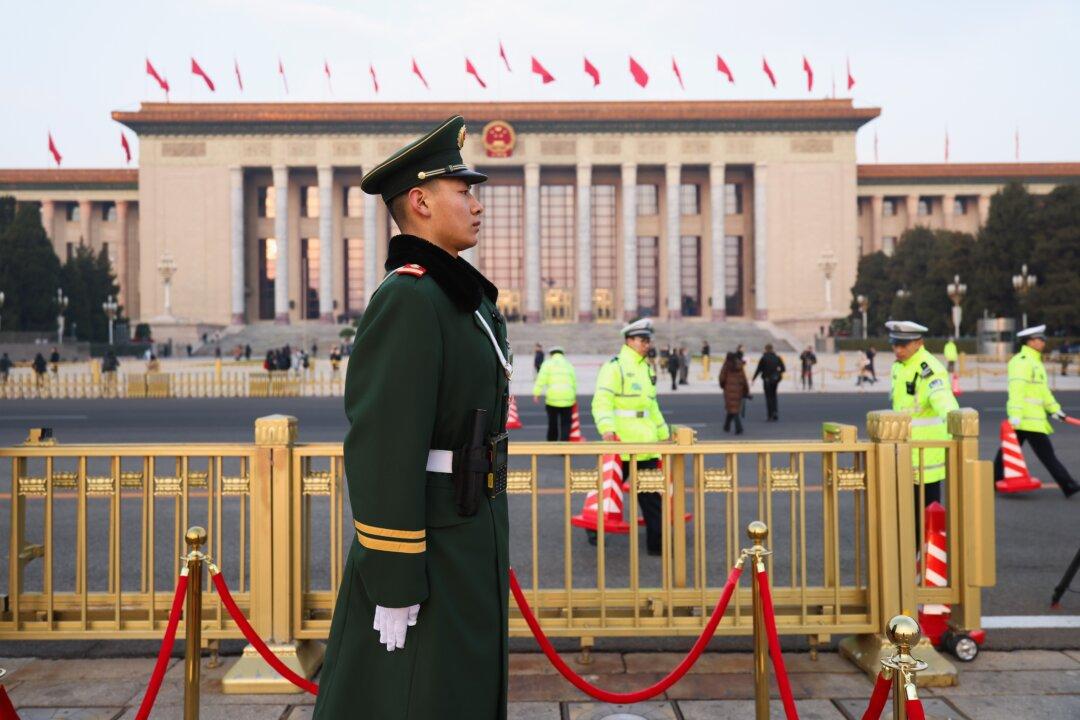Despite many critics projecting that tariffs will push the U.S. economy into a recession, a newly released study predicts that the duties will promote job growth in the United States.
According to the Coalition for a Prosperous America (CPA) on Nov. 27, the steel tariffs put in place by President Donald Trump, in combination with other economic policies, will drive the growth of 2.1 million additional jobs in 2018 over the baseline forecast. An additional 1.2 million jobs are expected to be created annually in the years 2019 through 2021.





